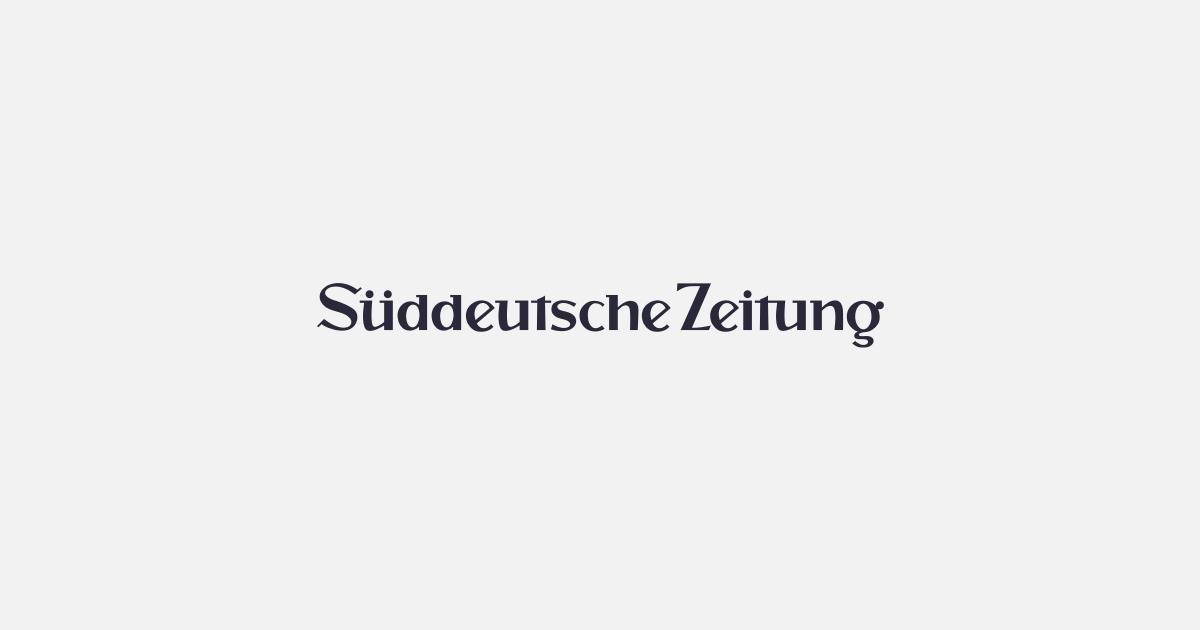This time around, the TUM @ Freising Lecture Series focuses on parks in the city. It can be an important habitat not only for humans, but also for animals and plants – as long as short grass is not dominant. Monika Eggerer, Professor of Urban Productive Ecosystems at the Technical University of Munich (TUM) in Weihenstephan, explains Monday, December 13, how parks can contribute to the conservation of biodiversity. The lecture begins at 7 pm – simultaneously at Freising Music School, Kölblstraße 2, as well as online via Zoom.
In the coming decades, more than two-thirds of the world’s population will live in urban areas, says TUM’s press release about the lecture series. Urbanization brings both challenges and opportunities to society. The challenges included the loss of green spaces and the weakening of coexistence between humans and nature. Urban gardens can counter this development.
From an ecological point of view, they can provide a habitat for plant and animal species and their complex interactions – which are increasingly important – they can also help reduce high temperatures in a city through cooling mechanisms. Therefore understanding how ecosystems such as parks function is of paramount importance to science and society, TUM continues.
Little is known about how these ecosystems function and how environmental and social factors work together to achieve these benefits. Researchers therefore want to know what ecological structures and social mechanisms must be in place in order to harness the potential of urban parks and enhance these habitats. After the lecture, Monica Egerer answers the questions. The question-and-answer session will be moderated by Sarah Leonhart, Professor of Insect-Plant Interactions.
Monika Egerer takes an interdisciplinary research approach that analyzes the links between biodiversity and nature, climate protection, ecosystem services, and social and environmental issues in urban systems. She studied Environmental Studies at the University of California, where she earned her Ph.D. After several research periods in Australia, Eggerer joined the Institute of Ecology at the Technical University of Berlin as a Postdoctoral Fellow in 2019. In 2020 she was appointed to TUM.
It is already certain that the next evening of the joint lecture series between the city and the Technical University of Munich will take place simultaneously at the Music School and via Zoom. On Monday, January 31, at 7 p.m., Caroline Guetjar will speak on a topic that will impress many: “The Secret Helpers of the Underground: How Plants Benefit from Soil Microorganisms.”
Additional Series Planning: In March, Gerd Patrick Beinert will explain Nutrients or Poison? The Importance of Boron, Arsenic and Other Semi-metals in Agriculture and Nutrition for those interested. In April or May, Annette Menzel discusses “The Effects of Climate Change on Our Nature.” “Ecosystem Regeneration: Why, What and How?” It is the focus of Johannes Kohlmann’s June lecture, and Wolfgang Weisser’s July topic remains open. In October, Robert Seidl will speak on “Waldsterben 2.0”.
Registration required to attend on December 13: https://wiki.tum.de/pages/viewpage.action?pageId=908623956. The admission regulations currently in force must be observed. Online contact link: https://tum-conf.zoom.us/j/68910727847?pwd=c1dTVnRvU0c3dHRtRTZUUnpmMzQ1Zz09; Webinar ID: 6891072 7847; Password: 588641.

Communicator. Reader. Hipster-friendly introvert. General zombie specialist. Tv trailblazer

